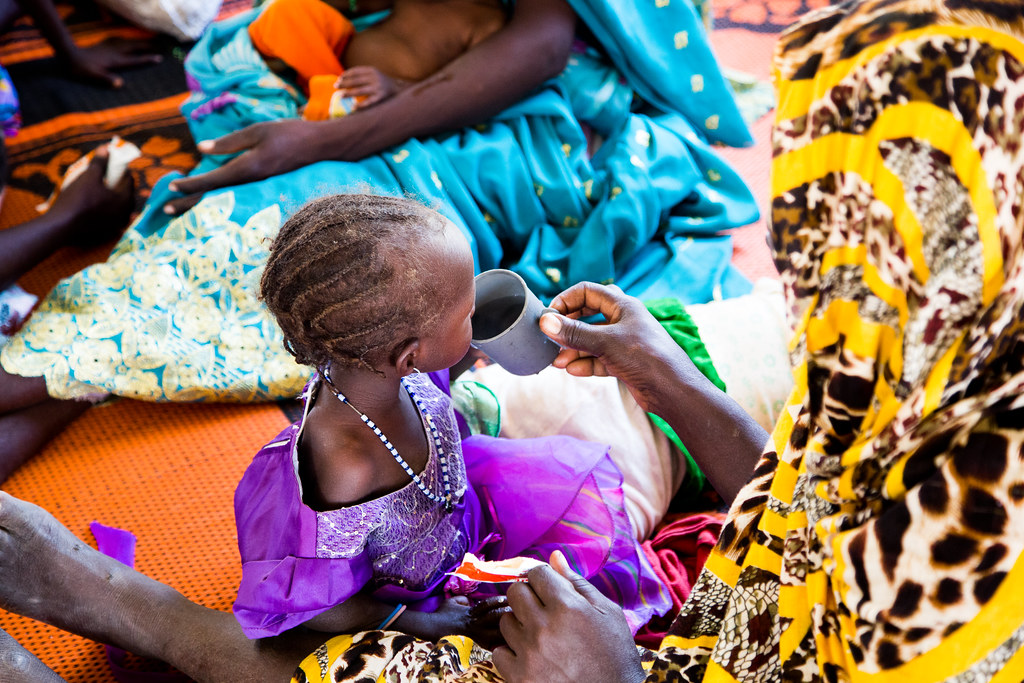WFP Warns of Humanitarian Catastrophe in Southern Africa Amid El Niño-Induced Drought
Describing the situation as "alarming" and "heartbreaking," McCain underscored the severity of the crisis after witnessing firsthand the plight of farming families in rural Zambia.

The Executive Director of the World Food Programme (WFP), Cindy McCain, issued a dire warning during her visit to Zambia, the focal point of a burgeoning crisis in Southern Africa. With millions facing food insecurity due to the devastating impact of El Niño-fueled drought and floods, McCain emphasized the urgent need for international intervention.
Describing the situation as "alarming" and "heartbreaking," McCain underscored the severity of the crisis after witnessing firsthand the plight of farming families in rural Zambia. The region, heavily dependent on agriculture, has been ravaged by severe drought, leading to complete crop failures for many communities.
Despite the conclusion of the El Niño cycle, the repercussions of extreme drought are expected to persist for months. Southern Africa experienced unprecedented dry conditions, exacerbating crop losses in countries like Zambia, Zimbabwe, and Malawi, where maize harvests were decimated by up to 80 percent.
At an Extraordinary Summit of the Southern African Development Community (SADC), leaders revealed that 61 million people across the region were affected by El Niño, prompting a humanitarian appeal for US$5.5 billion to address urgent needs.
McCain urged the international community to act swiftly, emphasizing that time is of the essence as food supplies dwindle. Immediate assistance is crucial to prevent a protracted crisis that could exacerbate food insecurity and malnutrition, already at alarming levels.
WFP has initiated response efforts, but significant funding gaps remain, with US$409 million needed over six months to aid 4.8 million people in Malawi, Zambia, and Zimbabwe. These climate extremes underscore the importance of investing in resilience-building activities to mitigate the impact of future disasters.
WFP has been proactive in implementing preemptive measures, including anticipatory finance initiatives to assist vulnerable populations ahead of climate-related disasters. In collaboration with governments and partners, WFP has provided early warning messages, cash transfers, seeds, agricultural training, and improved water sources to at-risk communities.
Furthermore, WFP is facilitating insurance payouts to nearly 280,000 affected individuals, complementing ongoing drought responses and enabling households to recover and rebuild their livelihoods.
As Southern Africa grapples with the fallout from El Niño-induced weather extremes, concerted international efforts are imperative to avert a humanitarian catastrophe and foster long-term resilience in the region.
- READ MORE ON:
- World Food Programme
- Cindy McCain
- Zambia
- drought
- El Niño










